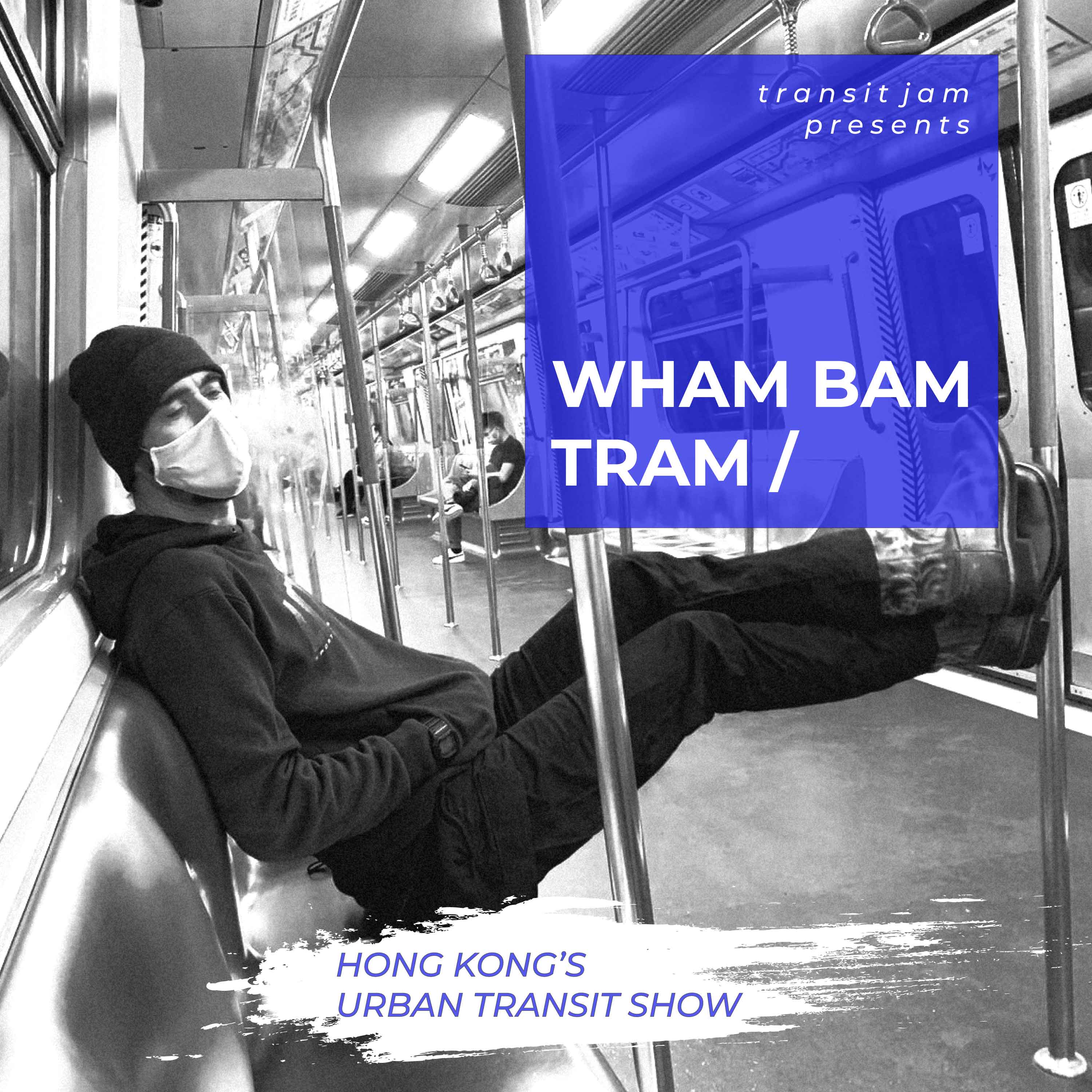
Dozens of cars flout the prohibited zone with the blessing of local police. But villagers violating the prohibited zones say the government promised them a proper road in exchange for land
Police patrolling Mui Wo admit they brush over lawless driving and illegal parking in Mui Wo’s “car free” zones, claiming illegal behaviour is “the norm” in the town, and that they only intervene when vehicles block moving traffic.
Talking on the edge of a contentious village car-free zone, three police officers openly outlined the situation in the Lantau town, where some residents have complained that police have rewritten the law and allowed private cars to proliferate.

Cars line every carriageway and pavement in Mui Wo, with residents saying the numbers are getting out of control
“Of course it is illegal, but this is the norm of Mui Wo village,” said one officer. “You can see everybody using the [prohibited] road, if there is no [obstruction], or people using the pavement, we can maybe let them park their car,” he said.
When pressed, another officer referred to the police force’s “Selective Traffic Enforcement Priorities”, a scheme whereby police may use discretion on traffic offences according to operational priorities.
“Of course this is not legal,” said one officer, referring to a car parked entirely on the pavement, one of hundreds blocking pavements in the area. “The most important thing is that it not affect the other people using the area,” referring to other drivers.
The officers’ comments directly contradict official statements on the issue. “If there is any suspected breach of the law, law enforcement agencies will deal with it in strict accordance with the law,” said a Security Bureau spokesman Friday, in response to questions on prohibited zone enforcement. A police spokesman has also said, several times, that police had stepped up enforcement in Mui Wo.
A Transit Jam investigation recently found virtually zero enforcement of prohibited zone driving, and low enforcement of illegal parking.
“Cheated out of a road”: long-standing villagers explain their position
Meanwhile, a former village head said the enforcement issue ultimately stems from government deceit and confusion over the legality of cars in the Mui Wo villages.
Mr Yau (not his real name) said his family has lived in Mui Wo for over 100 years. Decades ago, Yau said, his family sold some of their land to the government “for something like one dollar, not a dollar but a very low price” on the understanding the government would use that land to build a road connecting the villages with the town centre.

Villagers say the EVA (main picture) was promised to them as a proper gazetted road, in exchange for land they sold the government at a deep discount
“There’s a lot of people here, elderly, who needed a road, we thought it would be a good thing for the villages,” he said, outlining the deal.
But Yau, 50, says he and his family were shocked when the road was finally built and declared “Emergency Vehicle Access (EVA) Only”.
“You can’t imagine how disappointed we are. We would never have sold the land to the government for that,” he said.
As such, Yau and his family view the prohibited access roads as their right. “Police would never dare give me a ticket because they know the government has cheated my family,” he said.
Yau complained that the rise in dangerous driving reported by some residents is not from established families in Mui Wo, and said he has repeatedly called for the road to be opened up with a fixed low speed limit.
“I drive very slowly, you can see that,” he said. “I am teaching my son to drive, he also drives very slowly. But visitors, they may drive very fast, very dangerous. We need a speed limit on the road, like 5-10 kph.”
Yau said the growth in cars has reached a critical level, such that he can never find a parking space and is forced to park on the pavements.
A resident opposing the opening of the road says the idea of converting the EVA into a regular road was first raised in the District Council in 2004. But he says many of the arguments made by villagers are “proved wrong from the current situation”.
The EVA is not wide or safe enough for vehicular traffic, as claimed in the District Council meetings, he says, pointing out the Mui Wo EVA is used by more cyclists than any rural roads in Hong Kong.
In 2018, the campaigner wrote to now-jailed lawmaker Eddie Chu Hoi-dick, outlining his concerns about the District Council’s approach.
“Drivers illegally using the EVA are already causing serious dangers. It will be a disaster to allow all Lantau Permit drivers to use it legally. It is also not technically feasible to widen the current EVA to contain a rural road, a cycle track and a pavement, as the roadsides are almost all privately own, with many existing houses,” he wrote.
The campaigner, who also drives but says he doesn’t break the EVA law in Mui Wo, says the District Council had proposed allowing vehicles to park on private land to alleviate the parking problem. But in his complaint to lawmaker Chu, the campaigner pointed out cars already park illegally on government land, pavements and passing places. “Besides, village squares are designed as gathering and recreational space, not free car parks,” he wrote.
Meanwhile the Home Affairs Department has so far refused access to minutes of the latest intergovernmental meeting on the matter, claiming the minutes from the 2019 meeting are, in July 2021, still to be endorsed by attendees, and that attendees will then have the right to vet their release.
Categories: Law and Enforcement, On the Roads, Transit






4 replies »